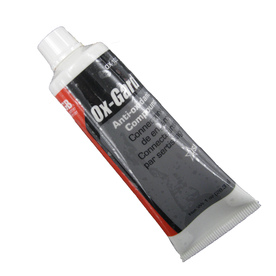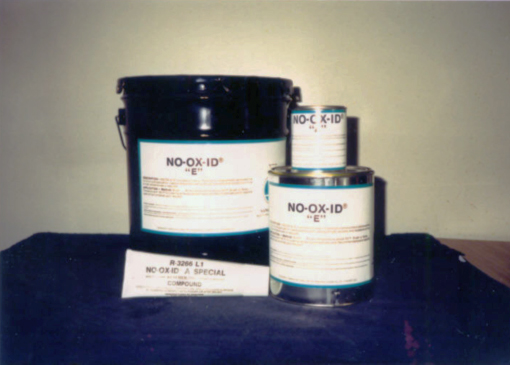Was in a tube like the ones U first showed, just De-Oxit brand. Likely the same thing. At the time, I was actually looking for the De-Oxit spray blaster that I presumed others have talked about using. No luck tho, and the three different RadioShacks that were here are long gone. Guess I'll have to resort back to the CRC cans of heavy duty(whatever that means ) electrical cleaner I already have if needed.
) electrical cleaner I already have if needed.
 ) electrical cleaner I already have if needed.
) electrical cleaner I already have if needed.



 .
.  .
.

 .
.
 ???
???




Comment